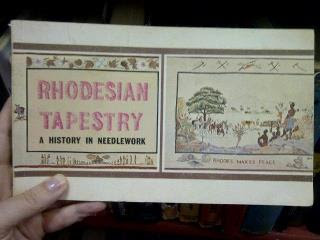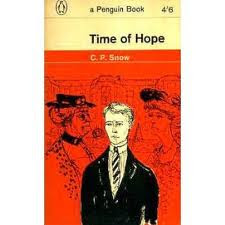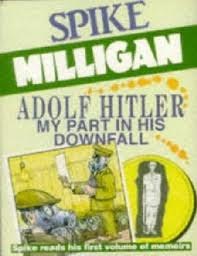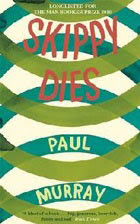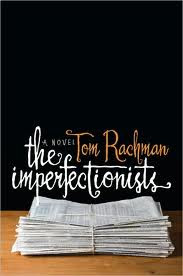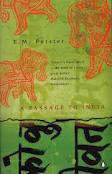
Mrs Moore travels out to India to visit her son Ronny, bringing with her a potential wife, an idealistic young woman named Adela. The two ladies are rather shocked by the insularity of the British in India, and insist on being allowed to meet ‘real’ Indians. Their follows an entertaining comedy of manners, where we learn something about how difficult it is to bridge cultures in any direction, no matter how good the intentions.
Forster has a delightful lightness of touch, and creates a believable little world of Anglo-India. Here’s a description of a teacher:
His career, though scholastic, was varied, and had included going to the bad and repenting thereafter.
The novel then takes an abrupt left turn. Adela is taken to see some local caves by Dr Aziz, an Indian doctor. Adela abruptly rushes back to town, and when Dr Aziz follows her, he finds out that she has accused him of ‘insulting’ her in the dark. Everyone makes such a big deal of this that for a while I thought she had been raped, but in fact it just meant a little light groping. The case becomes a flashpoint between British and Indian, SPOILER ALERT, until at the last minute, on the stand, Adela recants.
Bizarrely, this last section of the novel is no longer a political or social commentary, but apparently a meditation on religion. I know. What? I can’t really explain, as I started skimming after a while. This was a lot of blithering about how ancient the land of India is, and about the ferocity and fear of the eternal, and about the endless echo of the caves. Take this:
“Everything echoes now; there’s no stopping the echo. The original sound may be harmless, but the echo is always evil”
This I find to mean exactly nothing. And there’s pages of this sort of thing. There’s also abrupt and lengthy descriptions of Indian religious rituals.
Let’s end on an interesting note. Here’s a part where he actually says something interesting about spirituality. Mrs Moore dies on her way back to Britain, and these are Ronny’s reflection:
What does happen when ones mother dies? Presumably she goes to heaven, anyhow she clears out. Ronny’s religion was of the sterilized public-school brand, which never goes bad, even in the tropics. Wherever he entered, mosque, cave or temple, he retained the spiritual outlook of the Fifth Form, and condemned as ‘weakening’ any attempt to understand them.

